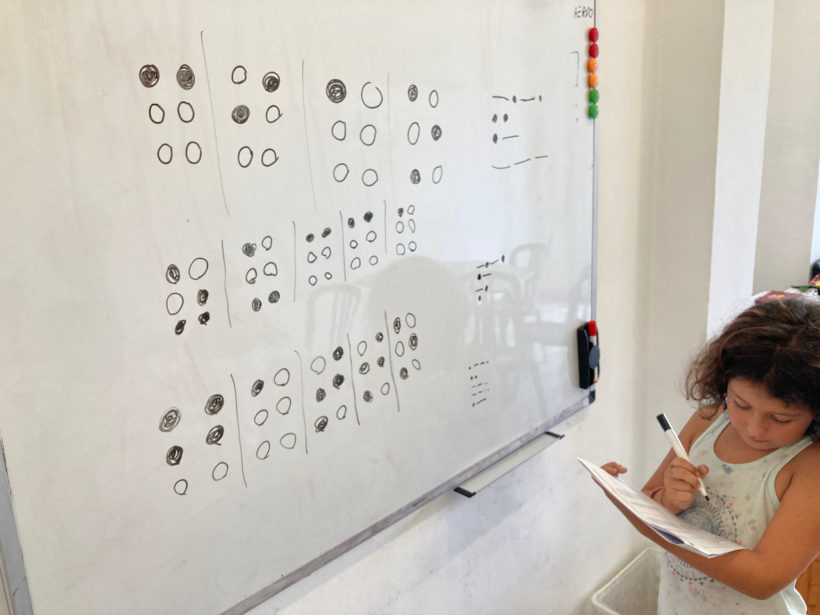Present at the World Education Meeting, organised by UNESCO, which brought together education leaders from 40 states, the Director of Policy and Advocacy of the Global Campaign for Education (GCE), who is also a member of the Latin American Campaign for the Right to Education (CLADE), called for countries to deliver on fair funding for education.
“The Incheon Declaration states that all countries should effectively allocate at least 4-6% of Gross Domestic Product (GDP) and at least 15-20% of total public expenditure to education. Despite this, there is an external funding gap of $39 billion, but this calculation ignores the much larger internal funding gap. This is what Vernor Muñoz, Director of Policy and Advocacy at the Global Campaign for Education (GCE) and member of the Latin American Campaign for the Right to Education (CLADE), said during his participation in the High Level Segment of the Global Education Meeting 2021 (GEM), a meeting organised by UNESCO that brought together education leaders from 40 States around the world on Wednesday (10/11) to adopt the Paris Declaration.
In his speech, Muñoz made a global call for increased investment in education, especially in the wake of the COVID-19 crisis.
According to GCE’s director of policy and advocacy, for education financing to be guaranteed, the international community should consider debt cancellation and debt relief to unlock funds in developing countries’ budgets. “Banks should not be allowed to do business at the expense of any economic or humanitarian emergency,” he stressed.
“The Global Campaign for Education recommends the creation of progressive and expanded national tax systems. National budgeting for education requires increasing: the size of budgets overall, the proportion of budgets for education, the sensitivity of budgets to respond to the most marginalised, and the scrutiny of budgets, so that governments are accountable to the people,” he also stressed.
>> Read Vernor Muñoz’s speech in full.
>> Watch the video recording of the meeting, available in English and other languages.
1.6 billion children and adolescents out of school
According to UNESCO, in the heat of the pandemic, 1.6 billion children and adolescents have been left out of school. Of these, 500 million students, mainly in countries in the South, do not have access to distance learning. Currently, according to the institution, schools remain partially or completely closed in 65 countries, affecting 750 million students.
“These risks to children’s schooling are part of a global context of underinvestment in education. Since 2015, UNESCO Member States agreed to fund education at a level of 4-6% of GDP or 15-20% of public spending, but most countries have not yet reached this threshold. Moreover, it appears that only 1% of the amount of post-COVID-19 stimulus packages is spent on education in low-income countries and only 2.9% in developed countries,” says UNESCO on its website.
Paris Declaration: Tackling educational inequalities
“We stress the urgency of addressing the crises and educational inequalities exacerbated by the COVID-19 pandemic, which threaten hard-won progress towards the 2030 Agenda for Sustainable Development, and leave marginalised and vulnerable groups and learners further behind, especially those living in poverty, in remote and rural areas, women and girls, those affected by crisis and conflict, and people with disabilities,” say world leaders in the Paris Declaration, adopted at the World Education 2021 meeting.
The final declaration of the meeting also affirms that education is an investment that requires sustainable financing. “We recognise that domestic resources, including through tax revenues, are essential and remain the main source of financing for education. We build on previous calls for action to prioritise, protect and increase domestic financing for education, including the Declaration of President Kenyatta and the Heads of State and Government of developing country partners of the Global Partnership for Education”.
In addition, the letter urges all governments to deliver without delay on the commitments they made at the World Education Forum in Incheon in 2015 and at the 2018 and 2020 World Education Meetings, such as allocating at least 4-6% of GDP and/or at least 15-20% of total public spending to education.












